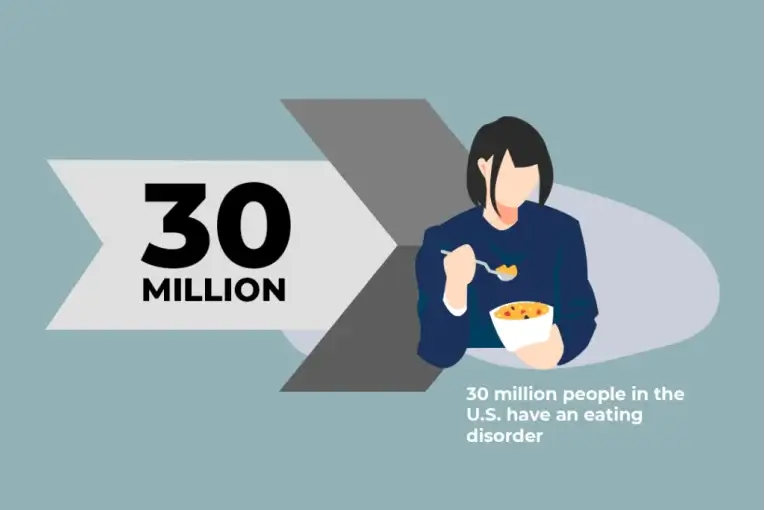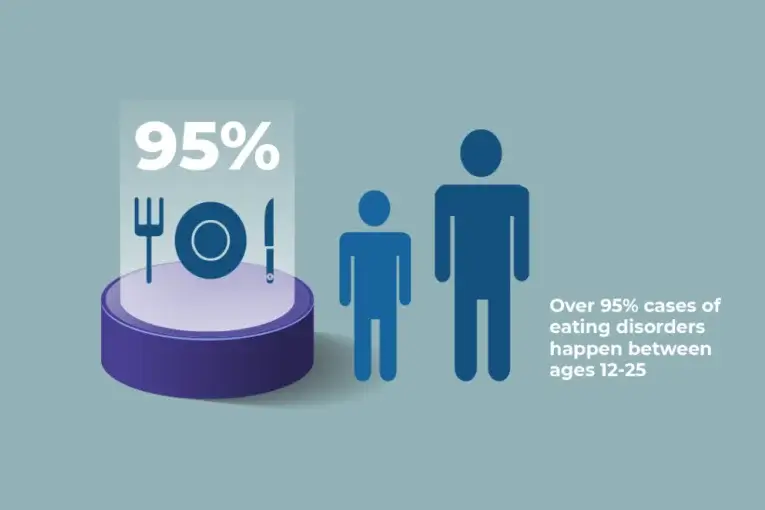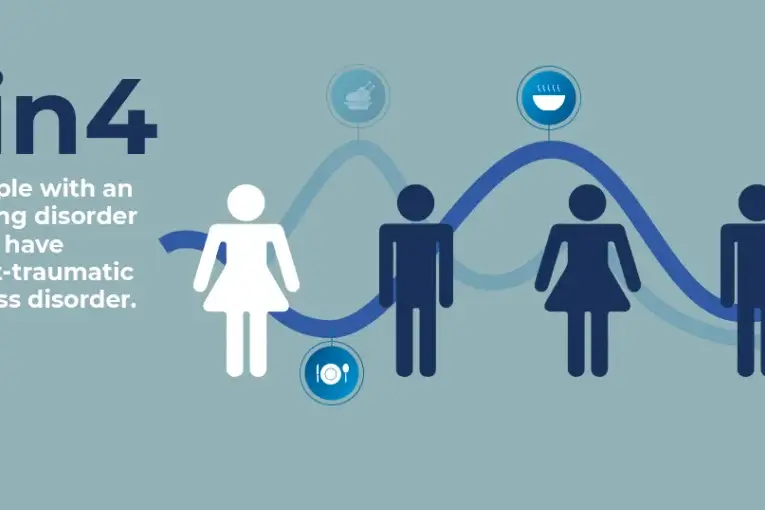We Are Here To Help
There’s Always Another Option. ♡
- © Copyright 2026 Alternative Options Counseling Center, Inc | Site Map
Learn more about finding the right eating disorders treatment center for your needs in this comprehensive article.
Home - Uncategorized - Finding the Right Eating Disorders Treatment Center for Your Needs
Eating disorders are severe mental health conditions that affect millions of people worldwide. An estimated 70 million people worldwide suffer from an eating disorder. With that, there is a significant increase in the number of people seeking treatment for eating disorders in the US.

Let us guide you through your options and treatment opportunities. Contact Alternative Options today.
However, finding the right treatment for you can feel equally as challenging, especially for those unfamiliar with the available options. Here, we will discuss important factors to consider when choosing an eating disorders treatment center. We will also cover the criteria to find one that meets your needs.
Eating disorders are serious mental illnesses, and there are many types to be aware of. Some of them include the following:3
Anorexia nervosa is characterized by extreme food restriction, often accompanied by overexertion and exercise. Excessive weight loss happens due to these behaviors. Treatment for anorexia often involves cognitive-behavioral therapy or medical monitoring.
Bulimia nervosa is characterized by episodes of eating large amounts of food followed by behaviors to rid the body of calories. This means a person binge eats and then tries to rid themselves of the food. They use methods such as vomiting or taking laxatives.
Eating disorder clinics are designed to help individuals who battle eating disorders. These eating disorders can vary greatly and affect people in a multitude of ways. These issues may also be compounded if someone struggles with co-occurring disorders as well, such as anxiety or depression.4
Also, it’s important to take note of if they have a multidisciplinary team of eating disorder specialists with experience. Make sure to check whether or not the eating disorder clinic offers additional services such as nutritional counseling, support groups, or psychiatric medication management as well.

When it comes to eating disorders, getting the proper treatment is imperative. This means that finding an eating disorders treatment center that meets your needs is vital. This way, you or your loved one can get the quality care and help you deserve. Here are some of the key reasons why choosing the right eating disorder clinic is so important:
Eating disorders treatment centers have staff that are experienced in delivering care. This includes doctors, nurses, therapists, nutritionists, and other professionals. These professionals need to be adequately trained in eating disorder treatment methods.


Additionally, these programs may provide additional services such as art and music therapy, yoga, or meditation classes to promote holistic healing.
Since eating disorders are serious illnesses that require comprehensive treatment, try to find out what type of aftercare services the clinic provides. Eating disorder clinics should provide ongoing support, as eating disorders are long-term illnesses with a high risk of relapse. Aftercare services may include the following:
Supporting a loved one who is suffering from an eating disorder can be challenging at times. However, it’s important to give your loved one as much support and care as you’re able to. Here are some tips for ways to provide support to your loved one:

Alternative Options is a patient-focused treatment center that helps individuals recover from various mental health issues and eating disorders with proper care. We offer outpatient and inpatient counseling services to individuals for mental health, eating, and substance abuse disorders.
We offer evidence-based treatments for these disorders, including individual therapy, group therapy, and nutrition counseling. Reach out to us today if you or a loved one need help recovering from your eating disorder. We will be with you every step of the way during your healing process.
1 https://www.nationaleatingdisorders.org/what-are-eating-disorders
2 https://www.nimh.nih.gov/health/topics/eating-disorders/index.shtml
3 https://www.helpguide.org/home-pages/eating-disorders.htm
4 https://www.mayoclinic.org/diseases-conditions/eating-disorders/symptoms-causes/syc-20353603
Serving Los Angeles and Orange County Areas
We Are Here To Help